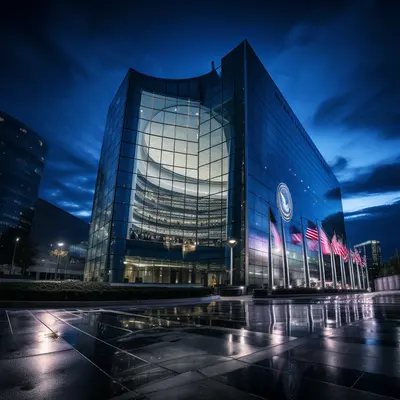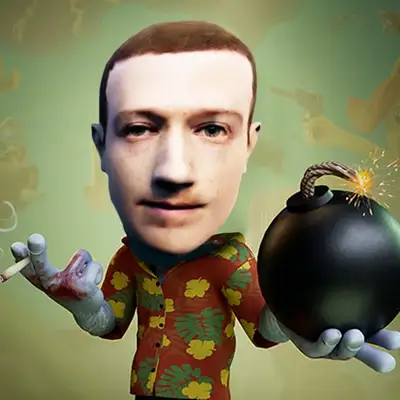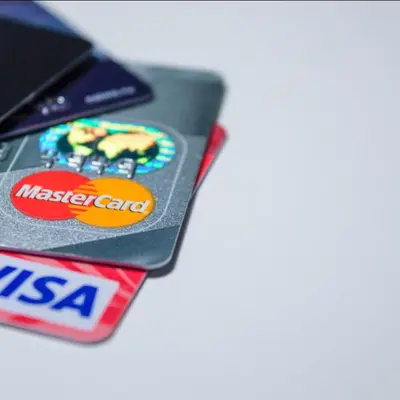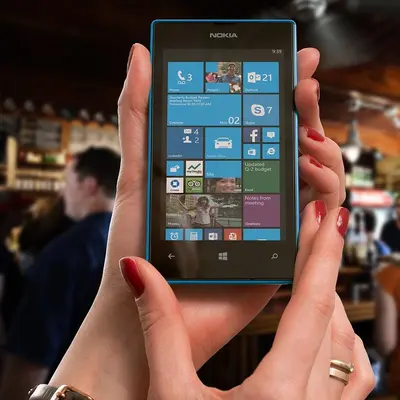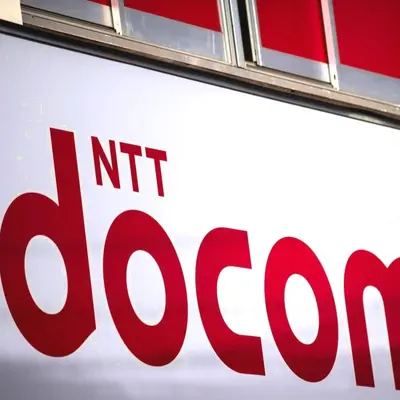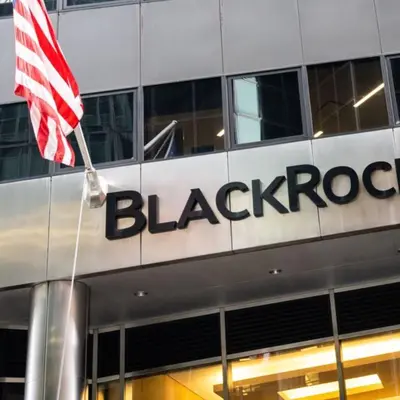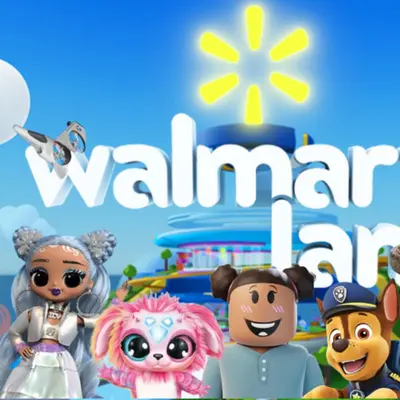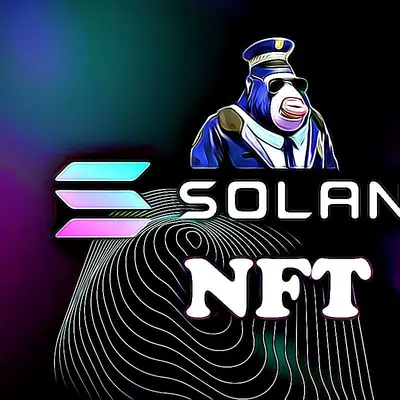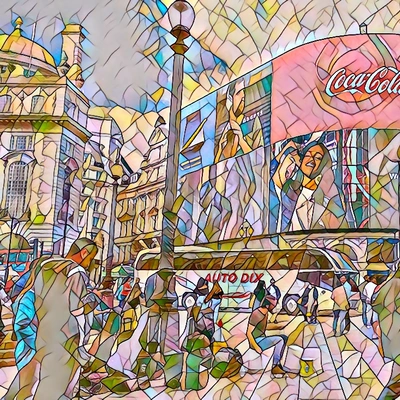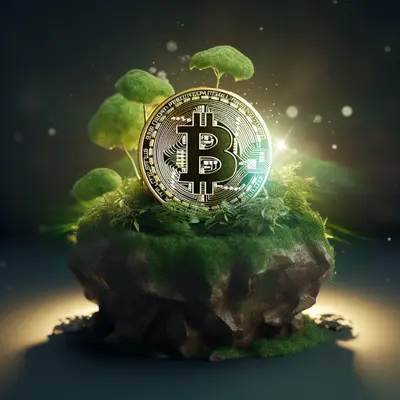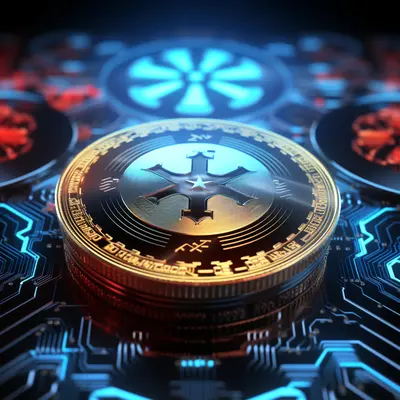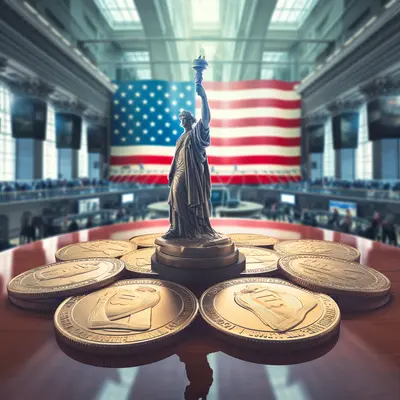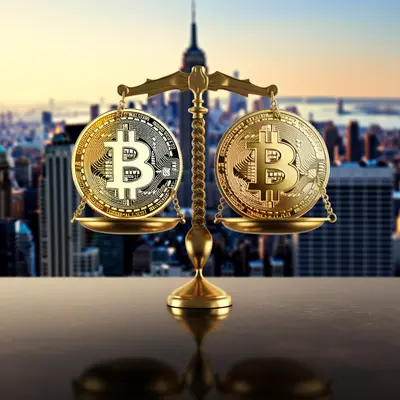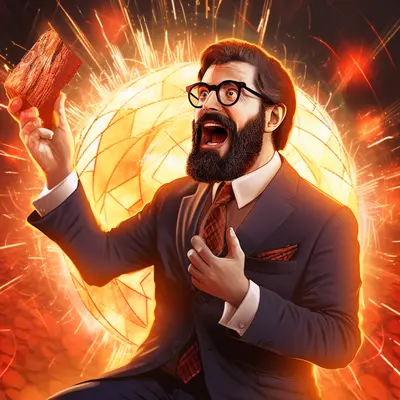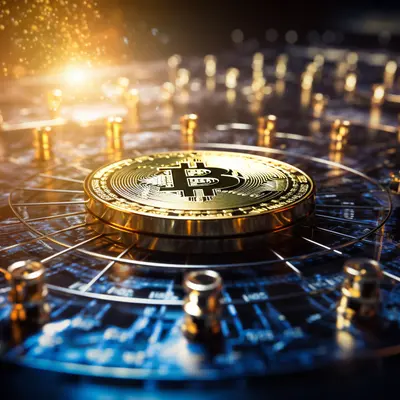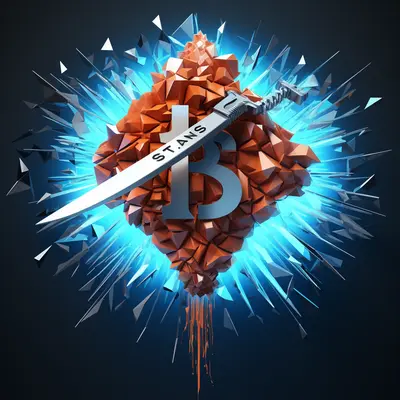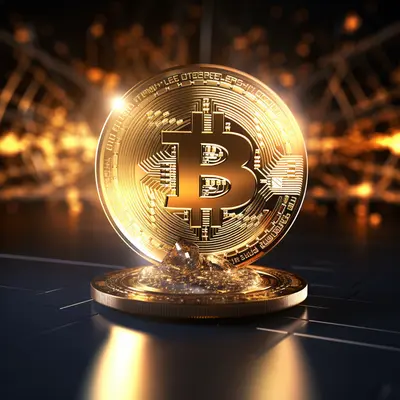Metaverse creates new lands and new values

Mark Twain memorably admonished, "Buy the land, they don't do it anymore." What Twain never imagined was that in over a hundred years we would find a way to solve that little inconvenience. Welcome to the world of Web 3.0, where new lands in the metaverse are explored every day.
In the blink of an eye, we jumped from the infancy of the metaverse to seeing small fractions sell for millions of dollars. As JP Morgan, Adidas, Samsung, and many other famous brands and investors are spending huge amounts of money to take over digital land, you need to sit down and take note.
In the hugely popular metaverse, The Sandbox (SAND), we see investors paying up to $300,000 to win certain lots. That's right: In this housing market, people are paying what they would pay for an average American home for the land they could never really live in.
So what makes this digital land so desirable? Is it all a bubble or a fad, or does the metaverse offer the opportunity to build generational assets in virtual real estate?
Big players are certainly being attracted to virtual land right now, but the diversified real estate market would not be able to maintain its popularity without the presence of three key components: identity verifiable digital, desired locations, and diverse communities with access to the real utility for their parcels. virtual.
Authentic but anonymous
Our wallet is our Web 3.0 passport. It is our sovereign and self-protecting identity and gives us full access to the decentralized and interoperable Web 3.0 securely and seamlessly. This identity layer must appear first to enable the ability to perform secure transactions. Because what we really need to maintain and prove provenance is an on-chain mechanism for identity verification.
Once we can prove who we are through the metaverse, without having to reveal who we are, we can start participating in countless genuine projects. And we can become our own broker, broker or art dealer.
Think of it this way: if you're going to buy an IRL home, you'll need a mortgage broker and you'll have to deposit money for margin, etc. But in Web 3.0, buying a virtual building won't require it. escrow service. . Your verified wallet is all you need. There is an NFT (non-fungible token) that becomes your text and trust, and these verifiable credentials are immutable and can never change hands unless you initialize them.
In addition to virtual goods, an identity layer also provides the ability to cut and cut real-world items that we need to verify ownership in many ways, such as age-restricted ownership of whiskey casks. Or even further, representing real-world luxury items like Rolexes and high-value collectibles - this shows that when combined with a strong layer of identity, we can trust the NFT to prove ownership in the metaverse.
This opens the door to endless possibilities for what ownership means as it bridges the gap between our digital and analog lives. Now that we have a secure bridge between these two tools, let's see exactly what we can do with those tools.
Where to buy land on metaverse?
Like buying land in Manhattan at the turn of the century, multi-generational wealth seems to be built metaversely through smart real estate purchases.
Investors have been making huge profits in this infancy of the digital real estate market, and demand will only increase as Web 3.0 matures because it is decentralized and accessible. universal access, allowing everyone to participate in it. Unlike traditional real estate which has too many restrictions and involves red tape, the land of the supermarket is for the people.
Demand remains strong as the supply of space in the most wanted worlds and neighborhoods dwindles, sending prices on the most popular platforms skyrocketing. This shows that more worlds are being built to meet the needs of all those people who aren't in a hurry to grab a plot somewhere like The Sandbox.
And why not? Cryptocurrency natives are flooded with digital assets; however, they cannot easily leverage their assets to get a 'real' home, as crypto assets are not recognized by the vast majority of mortgage lenders in the US.
It is both the appeal of the new speculative asset class and the path of least resistance to home ownership that is driving much of this speculation and investment from the retail side. So it's not surprising to see homeowners starting to leverage their properties to generate passive income in the same way that traditional real estate investors do.
The owners are offering event space rentals, activity tours, art museum openings, digital storefront creation, and property rentals. The sky is the limit, and it seems like anything one can achieve with a piece of physical real estate now has an analogy in the metaverse.
The potential of online land
Given that digital real estate is closely following the real-world equivalent in terms of use cases, pricing, and investments, that means we could see some "bad parts of town" in the future metaverse.
Will there be raised facades, treacherous alleyways, and dilapidated houses? Will there be an urban/rural divide?
Will we see a wave of neighborhoods clearing up for beautification projects, buying plots of land to hand over after renovations?
It's hard to say, but at this point, anything seems possible.
If the crypto market has taught us anything, it's with thousands of projects launched, projects with strong cryptography, and projects that keep their communities engaged. long-term will certainly be the most successful.
And who knows, perhaps scarcity is produced. What is stopping the metaverse community from voting on expansion, mining more land, and possibly reducing the value of what was once a fixed amount available?
How can something that is originally digital have a finite scope? These are questions that are still open. However, it seems clear that the use cases we've seen and the inherent value embodied through these assets are real and growing every day.
Maybe Twain should have said, 'Buy the land now, before they start making more.
Oct 14, 2022


